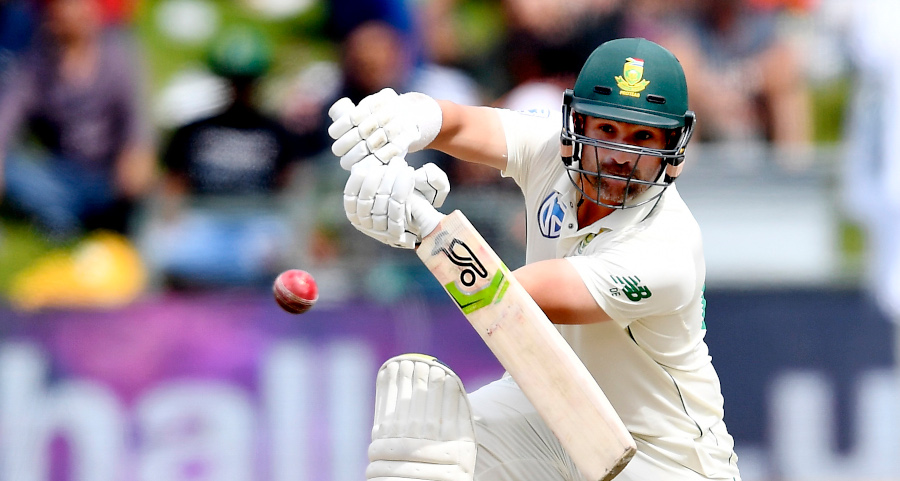A response is needed from the Proteas in the third Test against England that starts at St George’s Park in Port Elizabeth on Thursday, ANDRE HUISAMEN outlines the biggest areas of concern.
Lay a solid foundation
It’s been a long time since a Proteas’ opening pair have really put opposition bowlers under pressure by grinding out long spells before going on the attack. Or better, turning negative spells into positive ones by launching swift counter attacks. It will take some time for Dean Elgar and Pieter Malan to get used to each other’s rhythm in the middle but they have more than enough talent to post big scores together. Both made 80s at Newlands albeit in separate innings. It has become a far too familiar sight seeing a wicket down early in the innings. A strong start will go a long to easing the pressure on the batsmen that follow.
No new ball delay
Faf du Plessis and Mark Boucher had a plan with delaying the use of the new ball early on day four of the Newlands Test. The experiment failed as Ben Stokes, new to the wicket, took the game away from the Proteas in that crucial first half hour or so on day four before Du Plessis finally threw the new ball to his fast bowlers. When the opportunity presents itself, Kagiso Rabada must be given the chance to steam with Vernon Philander swinging it at the other end.
New magazine issue: Why De Kock must bat at four
Maximise Maharaj’s impact
The spinner put in a significant shift at Newlands and is a good weapon for the Proteas side to tick through overs but there were times at Newlands when the plan with Maharaj lacked direction. He came over the wicket to the right-handers when the Proteas were eager for wickets, but that plan failed and ending up costing the Proteas a great deal of runs with little to no threat of forcing a breakthrough. Maharaj will no doubt have a big part to play in future but he must be trusted to do his job; both holding an end to allow rotation of the seamers with the occasional wicket-taking delivery helping to ramp up the pressure.
Stop relying on De Kock to save us down the order
In the current setup, Quinton de Kock’s best position remains at No 6 in part because he’s the last resort for runs with a failing middle order. But that is a phenomenon which Mark Boucher and Co. will be looking to bring to an immediate conclusion. The wait for the top order to turn the corner has been long enough and it’s time for a larger input in the runs column especially from captain Faf du Plessis, who has been short of runs for some time now. Du Plessis is one of the fighters in the team but the way he gave his wicket away – trying to sweep Dom Bess on the final day when survival was the only option – suggests an underlying issue. It is unrealistic and unfair to expect De Kock to rescue his side whenever he walks out to the middle. The effects it may have on his natural, attacking batting game have not yet been felt but the status quo of repeated top order failures must be arrested.
Don’t underestimate ‘weakened’ English attack
Jimmy Anderson’s absence will come as a relief for South Africans after he tormented the Proteas at Newlands. He’s a class act and a major loss for the visitors when you couple that blow with the uncertainty of Jofra Archer’s fitness. But it will be foolish to write off the English with Mark Wood and Chris Woakes more than capable of doing a job for Joe Root. Wood may only have 13 Tests under the belt and is probably a bit more suited for ODIs, but he could be decisive. Don’t forget that Woakes was a key figure for England in the 2019 Ashes and could be a good option for Root on a slower St George’s Park pitch. Add the in-form Stuart Broad, the ever dangerous Ben Stokes and one of Dom Bess or Jack Leach and the English attack is as threatening as ever.
Photo: Gallo Images







